Jury Meeting for Golden Goblet Awards|Selection Consensus Reached – To Be Appealing, the Most Valuable Quality of Works
The Golden Goblet Awards of the 25th Shanghai International Film Festival (SIFF) consists of the Main Competition section, ASIAN NEW TALENT section, Documentary section, Animation section and Short Film section.
The jury meeting for Golden Goblet Awards of the 25th SIFF was held in Shanghai, and the jury members of the above sections made a collective appearance. As for the upcoming work as a jury, Jury President of the Main Competition, Polish director Jerzy Skolimowski, said: “We will discuss seriously and reach a consensus, and everyone's opinions will not be ignored.” Peggy Chiao, Jury President of the Short Film section, believes that the original intention and imagination of short film creators often gives her infinite surprises, and she is excited to see more in the official selection this time.
The selection criteria of the Golden Goblet Awards for each edition of SIFF have always been the center of attention. In the eyes of Lutz Reitemeier, jury member of Main Competition and a German director of photography, one must be moved by a movie’s story during selection. Huang Jiakang, jury member of animation, said bluntly: “The most valuable quality of a work is to be appealing.”
Main Competition
To reach consensus on selection of quality works
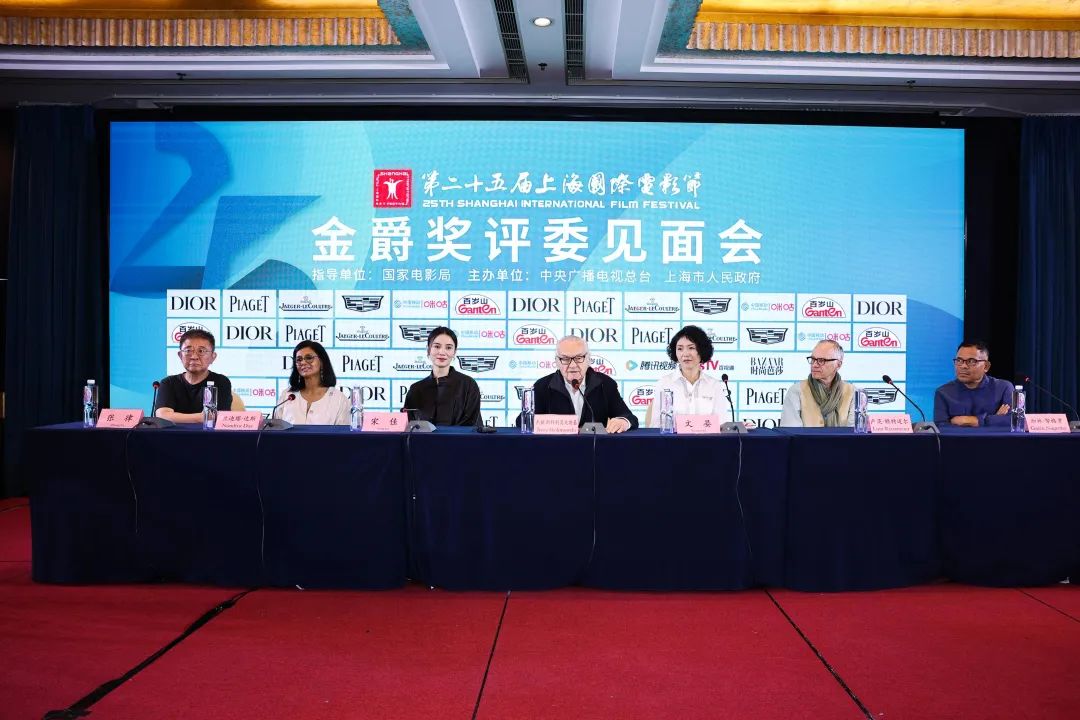
This year, a total of 12 outstanding works have been shortlisted for the Main Competition section of the Golden Goblet Awards, consisting of nine world premieres, two Asian premieres and one international premiere, and covering family ethics, crime, love, and youth, among other genres. The Jury President of the Main Competition, Polish director Jerzy Skolimowski, received his invitation from SIFF when he was competing for the Academy Award in Los Angeles. His EO was nominated for best foreign film at the 2023 Oscars. After checking his schedule for June, he readily agreed to join us in Shanghai.
As a master filmmaker who has won numerous awards at three major European international festivals, Jerzy Skolimowski believes that although everyone has different tastes, the jury shall reach a consensus on what constitutes a good film, and that there is definitely a difference between a good film and a mediocre one. “We allow different opinions, and, in the end, we’ll reach a consensus and choose the best one,” he said.
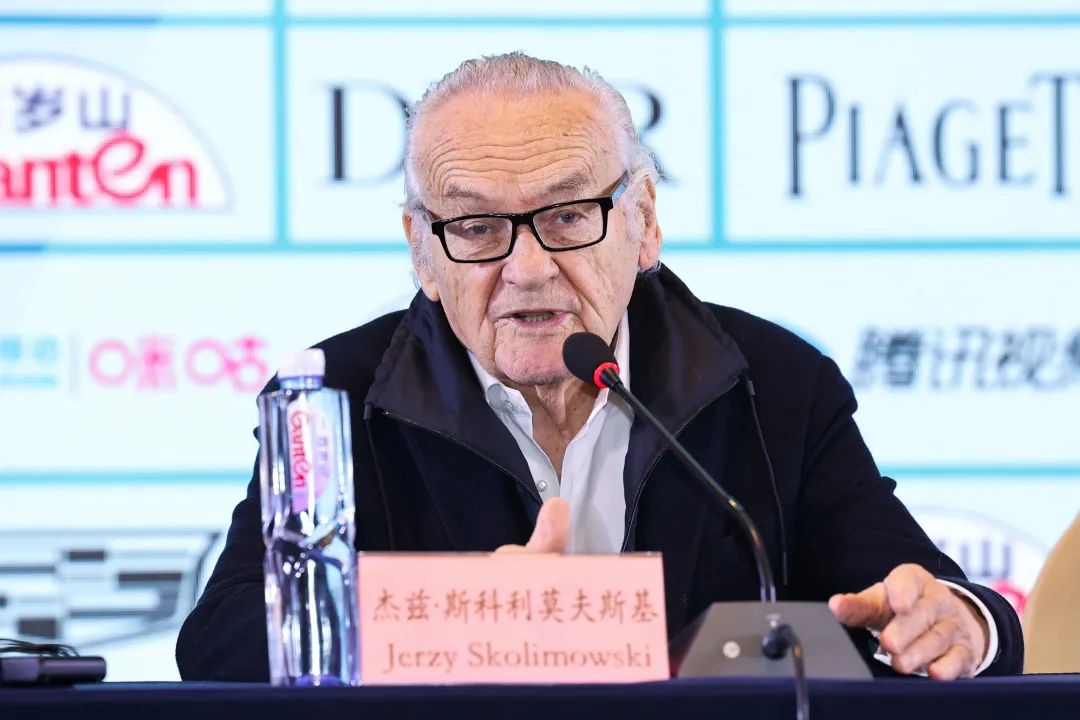
Chinese actress Song Jia is a long-time friend of SIFF. Starring in FALLING FLOWERS, THE CONFORMIST and BACK TO THE WHARF, she has been consistently nominated for the Main Competition of the Golden Goblet Awards, and she has also once served as a jury member of the Asian New Talent section. She modestly says that the presentation of a film depends on the work done by many professional filmmakers behind the scenes. “Good acting is poetic, but acting is not everything and cannot be separated from professional and excellent people in various fields behind the scenes,” she said.
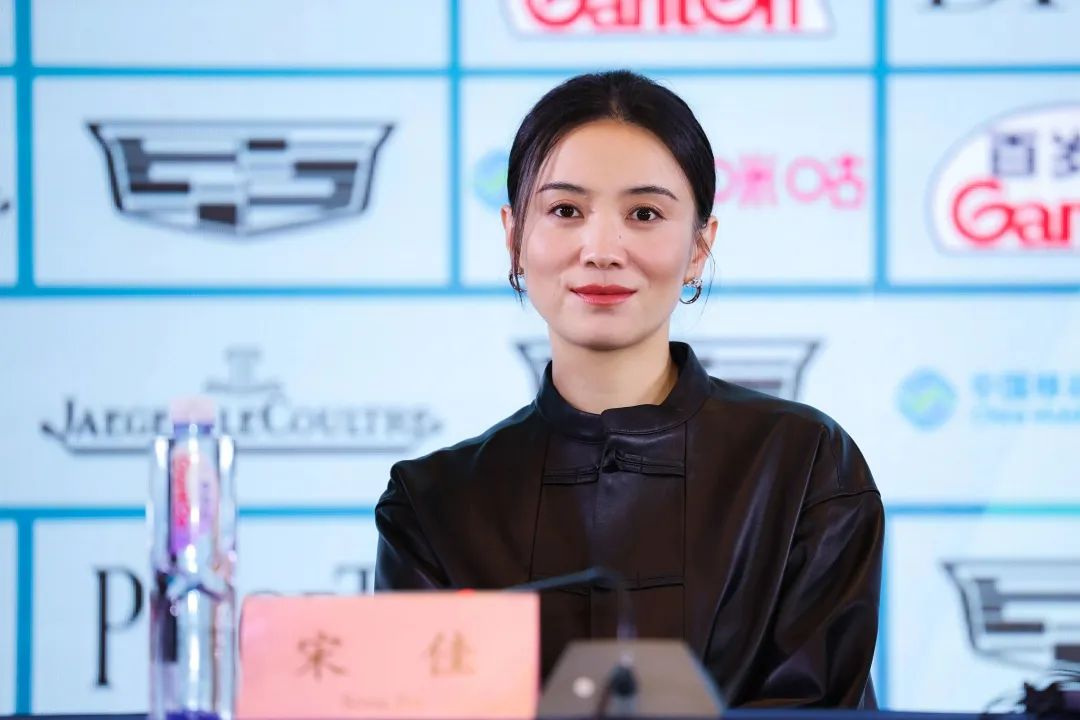
As a female director who has received much attention in recent years, Vivian Qu is a regular at major film festivals, and SIFF, which is now 30 years old, has accompanied her in the process of growth. “Although it is a film competition, the essence of art is not to compete, but to communicate,” she said. “Whether it is bringing a work to the competition or being a judge, it is important to express our understandings of the world and life. There is no winner or loser, but win-win opportunities.” When it comes to the selection criteria for the Golden Goblet Awards, Vivian Qu puts the most emphasis on “artistic quality.” “We will look for the unique narrative languages, the moving stories, and the moving characters in films,” she said.
Because of his role as director of photography, German jury member Lutz Reitemeier is often considered to be more concerned with the presentation and composition of the camera language, but he will “forget” his own identity as a cinematographer at this point. “We are all professional filmmakers. To watch and taste a film, you have to first look at whether it tells a great story, whether the performance is skillful, and then whether the cinematography and composition is compelling. A fragile storyline will never bring about a good work,” he said.
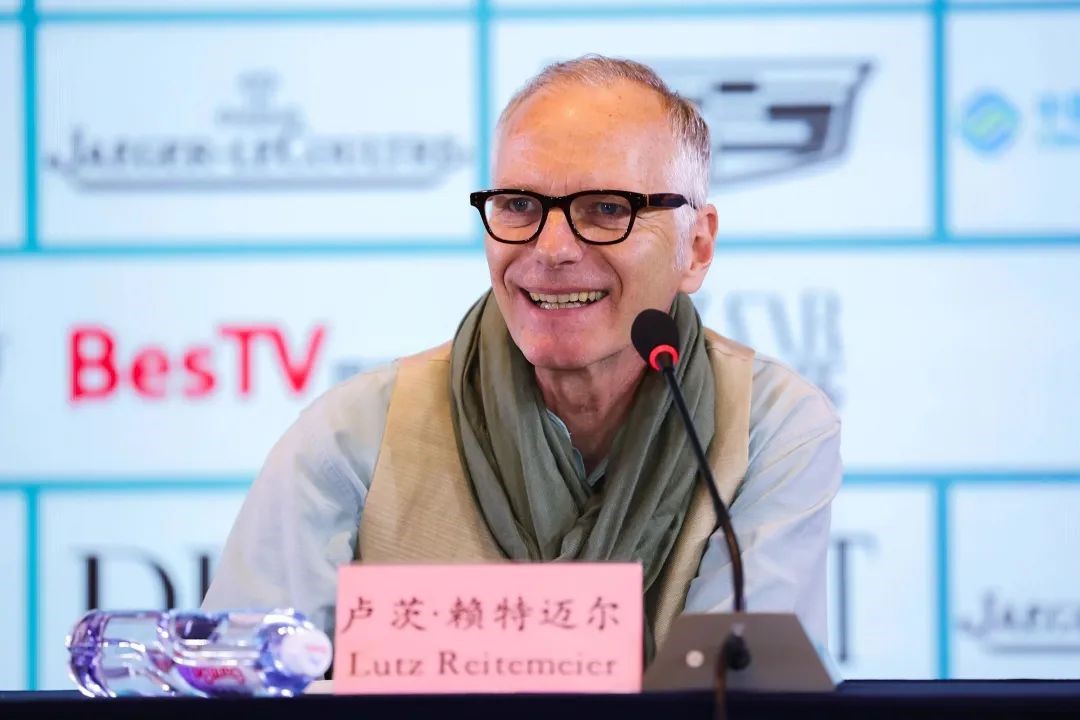
Director and screenwriter Zhang Lv started his directorial career with the short film ELEVEN. His films have been selected for the Venice International Film Festival and the Berlin International Film Festival over the past 20 years. As a director, he pays attention to the way the film is presented in space, but more importantly to the emotional power of the film. “In the right space, with the right people, convey the right emotions, and most importantly, to touch me,” he said. Nandita Das, a director and actress from India, came to Asia as a jury member for the first time. “Movies mirror real life, and their true meaning is common. We can fully express our personal opinions in the selection process, and in the end, reach a consensus,” she said. Indonesian director, screenwriter, and producer Garin Nugroho is good at shooting traditional cultural themes. In his view, films are a kind of dialogue, presenting what is happening in the world and sharing it with everyone. “I’m always delighted by Chinese martial arts stories set in Shanghai, and I also look forward to bringing the focus of work back to the familiar theme about Shanghai and offer a hand as a jury.”
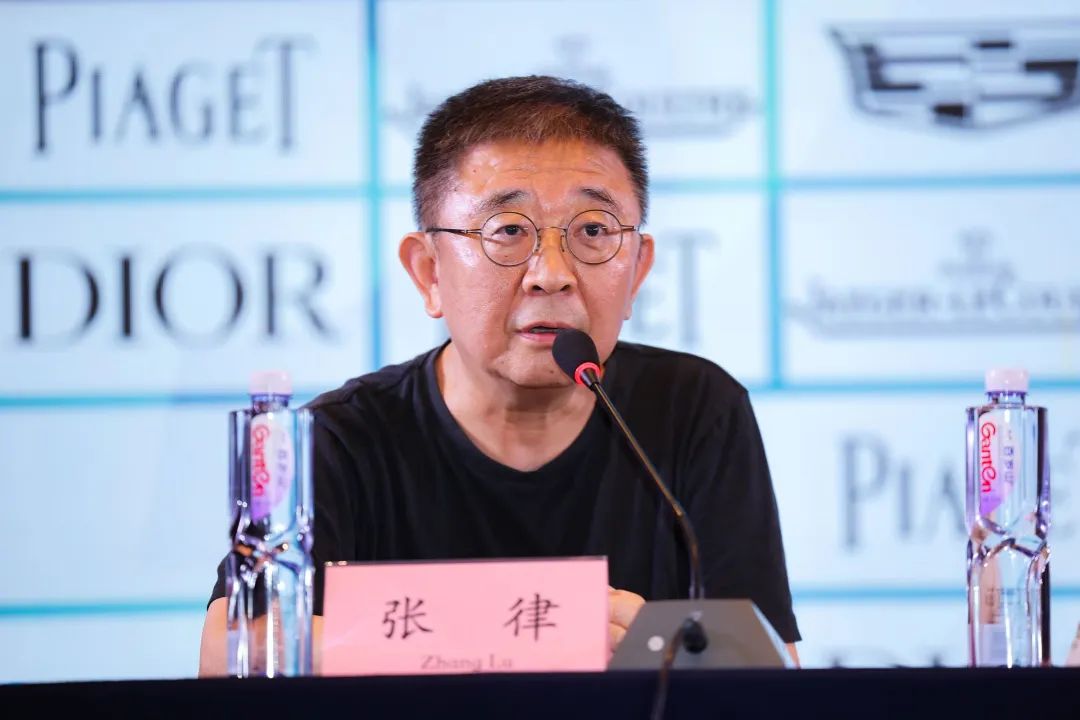
Short Film:
To expect more surprises and potentials

For young filmmakers, short films are the “gateway” to the film industry. A total of 19 films, including live-action and animated shorts, have been shortlisted for this year’s Golden Goblet Awards. Peggy Chiao, who chairs the jury for the Short Film section of the awards, has been dedicated to promoting Chinese-language cinema for many years and has offered full support to young filmmakers, helping them win numerous awards at international film festivals.
“For someone who is really creative, we can tell something about his creative direction and future potential when he makes short films and from his earliest debut films. Short films are to a large extent not disturbed by commercial factors and the market environment; the potential and creative direction of the creator is unlimited,” she said. “Just by breezing through the synopsis, I’m filled with expectations for the 19 short films, which, with rich imagination, show diverse cultures from different regions, and I hope to discover refreshing creation directions of cinema here.” In the age of the Internet, AI technology continues to develop and the threshold for short films is getting lower and lower, so more people can take part in the creation of films, but Peggy Chiao still insists: “Short films reveal the original intention, originality and imagination of the creators, and the productions by students will deliver unimaginable surprises. I’m looking forward to being surprised this way at SIFF.”
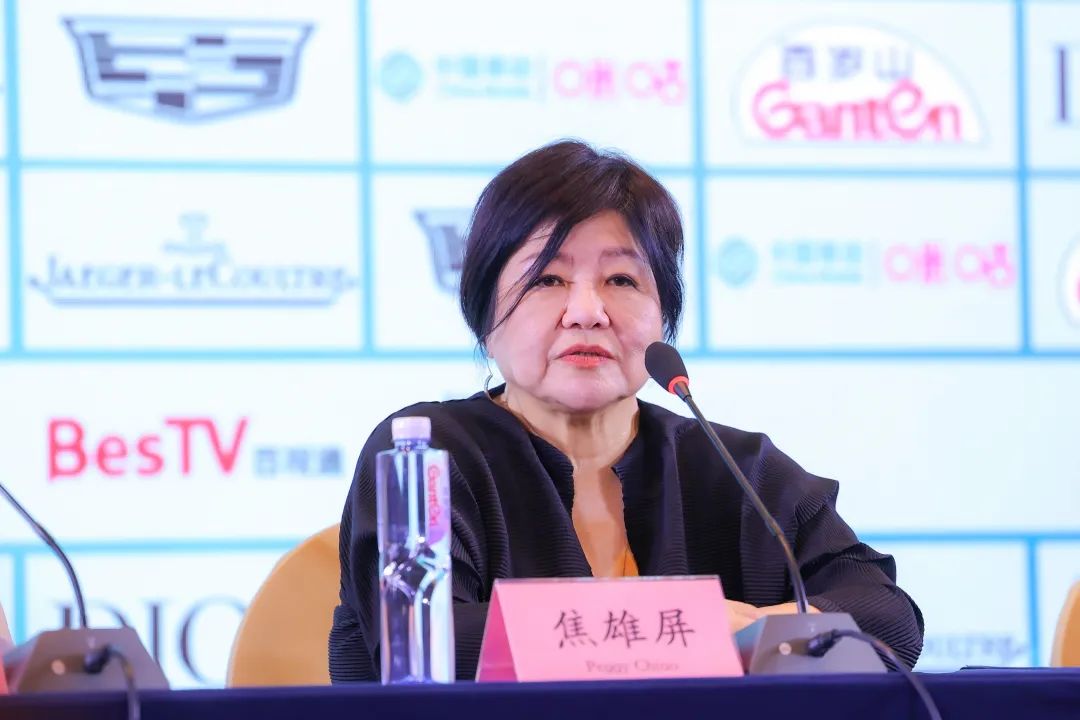
The young Chinese director and screenwriter Zhang Dalei is quite successful with short films. In 2021, he won the Silver Bear for short films at the 71st Berlin International Film Festival for DAY IS DONE. In Zhang Dalei's opinion, be it a feature film or a short film, the only difference lies in form and distribution. However, the way of creation and shooting is the same. “The so-called lowered threshold is the result of a richer and more diverse way of expression for creators, and the most important thing is still the original intention of creation.”
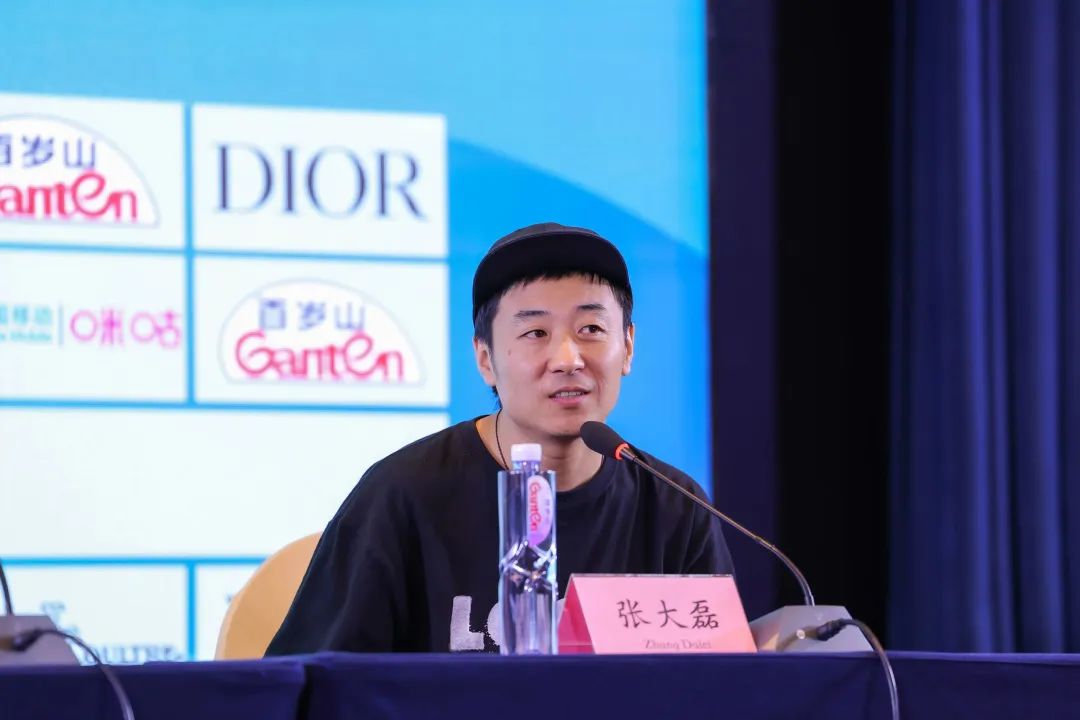
Animation:
To cherish the quality of being appealing
In the view of the Japanese animation producer Taro Maki, Jury President of the Animation section of the Golden Goblet Awards, the most important mission of the festival is “to discover” and “to find new creators, new directors, new technologies, and select works with such a vision ahead.” Shanghai is the birthplace of Chinese cinema, and also the cradle of Chinese animation films. It has spawned a wealth of outstanding animation filmmakers. Taro Maki, who has been engaged in animation production for many years, has his own insights on what makes a good animation filmmaker. “According to my experience in animation production, we should make progress each time, create without being bound by past experience, and keep working on new things,” Maki said.
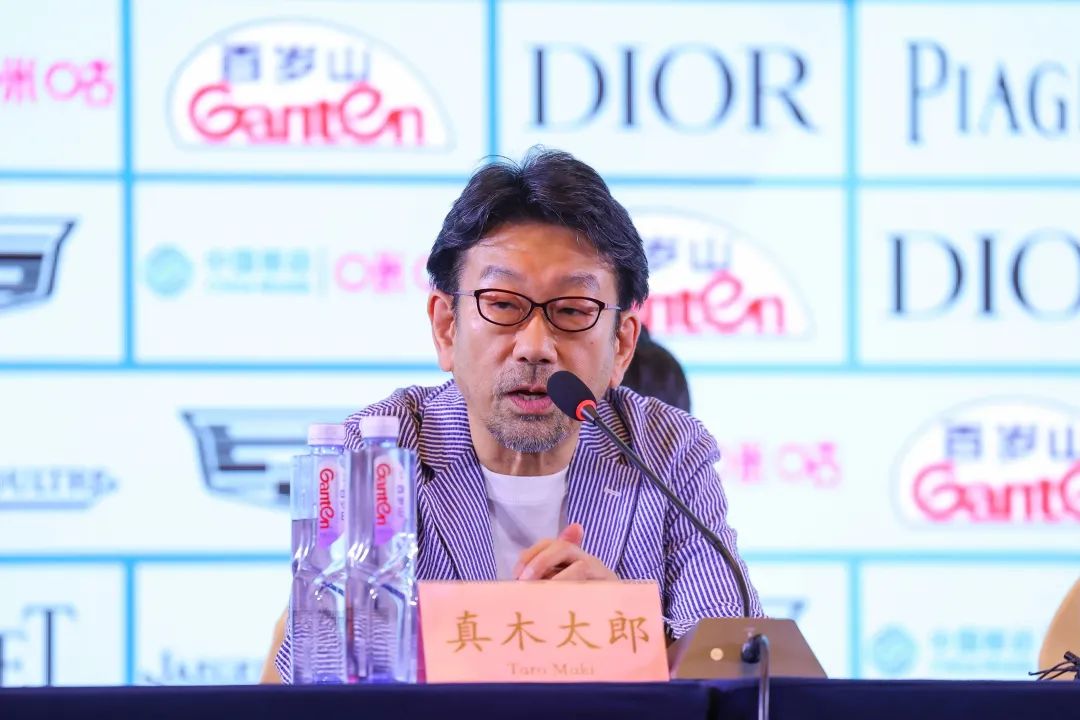
Animation section jury member and Chinese Hong Kong director Amp Wong has directed the animated films WHITE SNAKE and GREEN SNAKE, which were well-marketed and acclaimed. He agrees that “storytelling is inseparable from emotion, and it matters the most to move people emotionally.” “For example, foreign jurors may not understand Chinese culture, but this shall not be a barrier, as emotions are not confined to separate regions. We have to look at works in the same way as the general audience and review them with a common emotional language. The most important thing in judging is to determine whether a work is appealing.”
From the smash hit MONKEY KING: HERO IS BACK to BIG FISH & BEGONIA to NE ZHA and LEGEND OF DEIFICATION, mythological themes occupy half of the Chinese animated film market. But as audiences’ aesthetic tastes improve, more and more of them want to see different themes. “Art comes from life, and there will definitely be more different subjects emerging in the future. I believe my own creations will also be more diversified,” Amp Wong said.
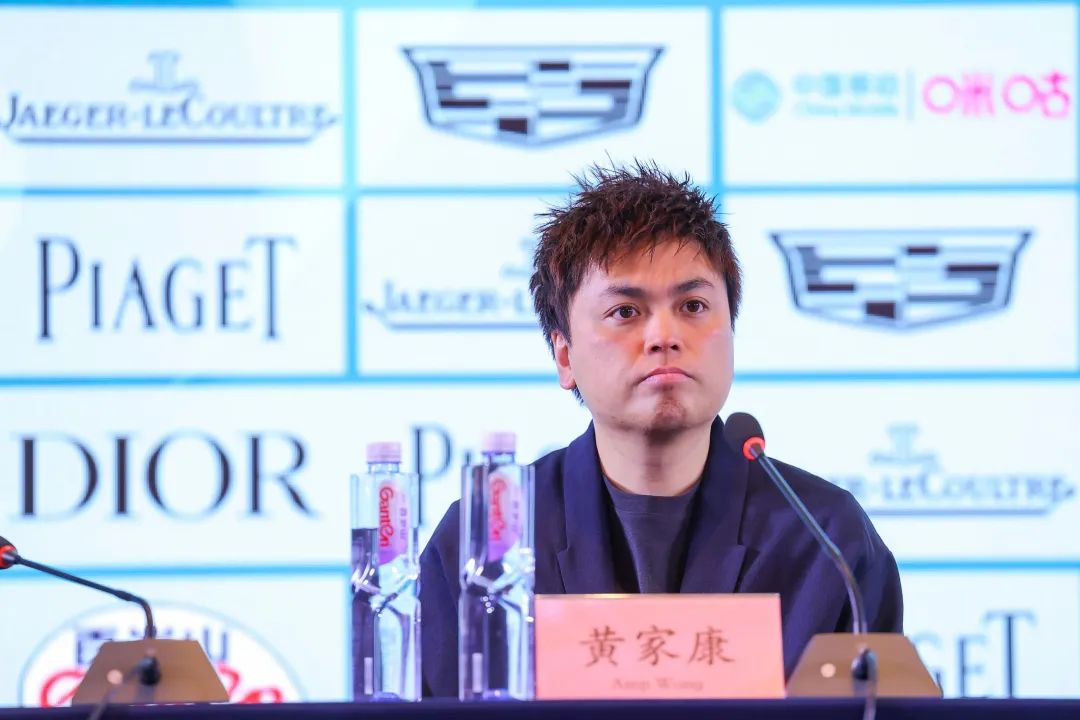
British animator and director Paul Williams is a jury member for both the Short Film and Animation sections of the Golden Goblet Awards. When talking about the creation of good movies, he specifically mentioned “good ideas.” “I hope to bring good ideas to the audience to create a connection, which can affect several people or even more people. In a word, it must generate a kind of resonance, which, as we hope, will impress the audience with our movie themes.”








